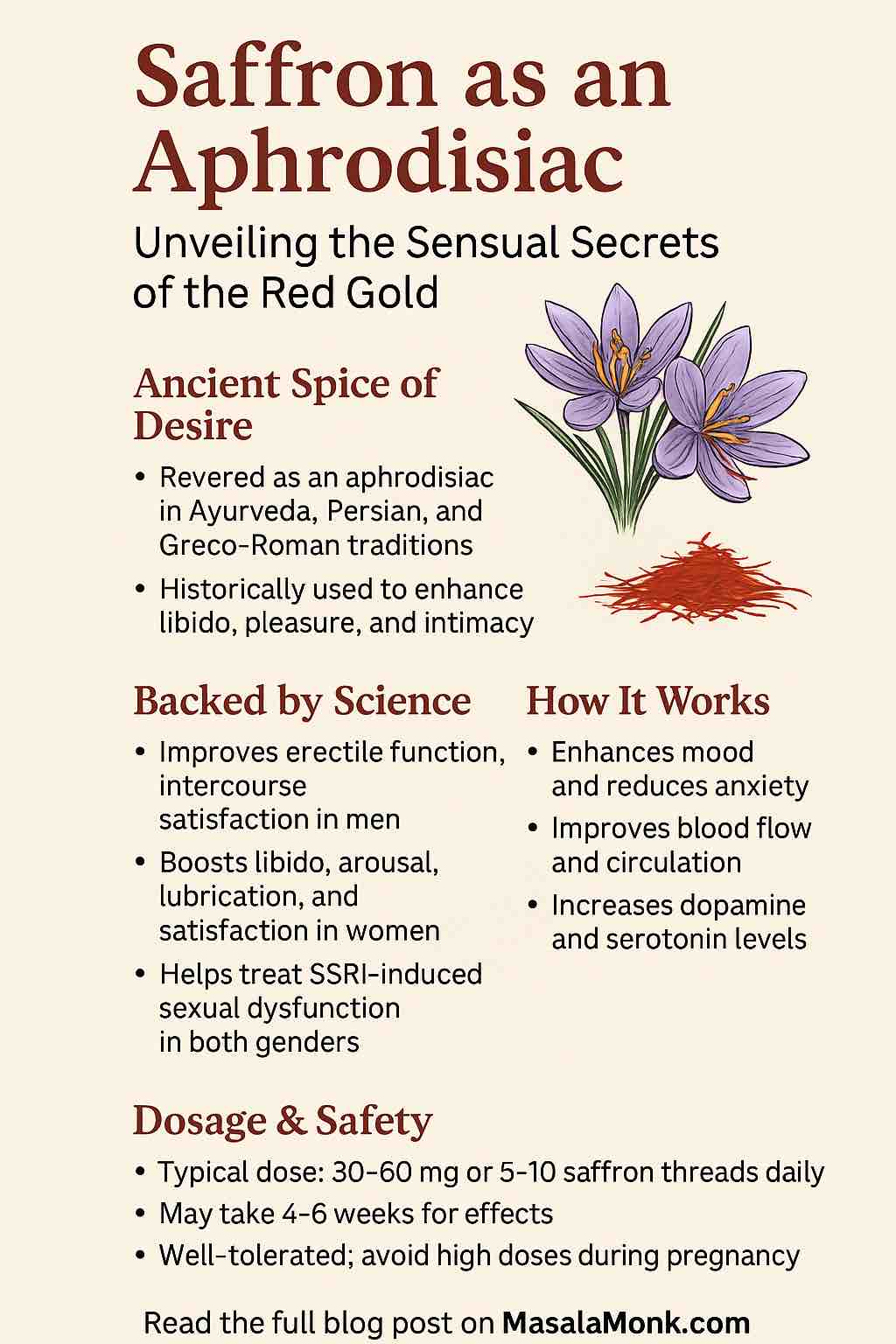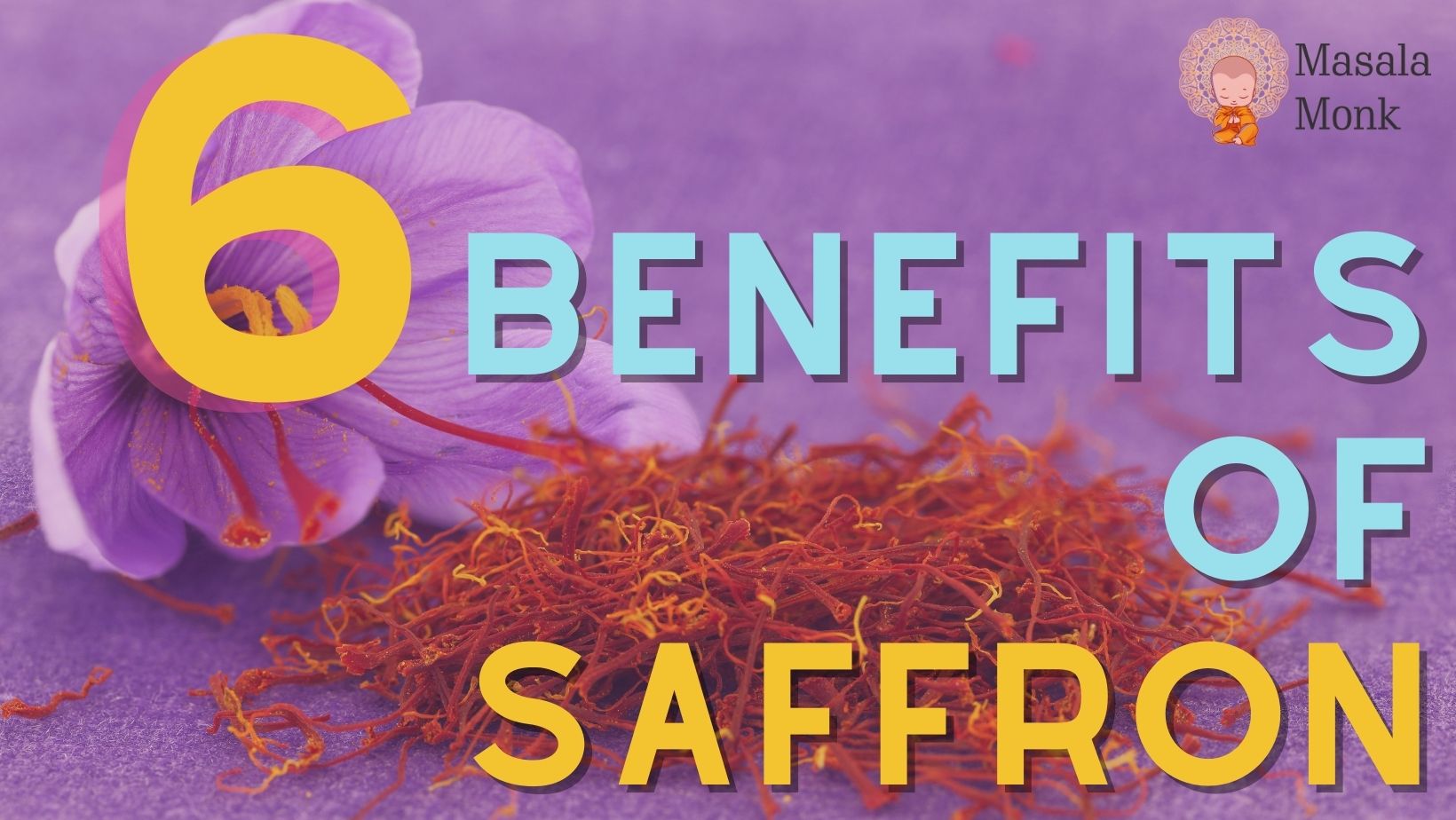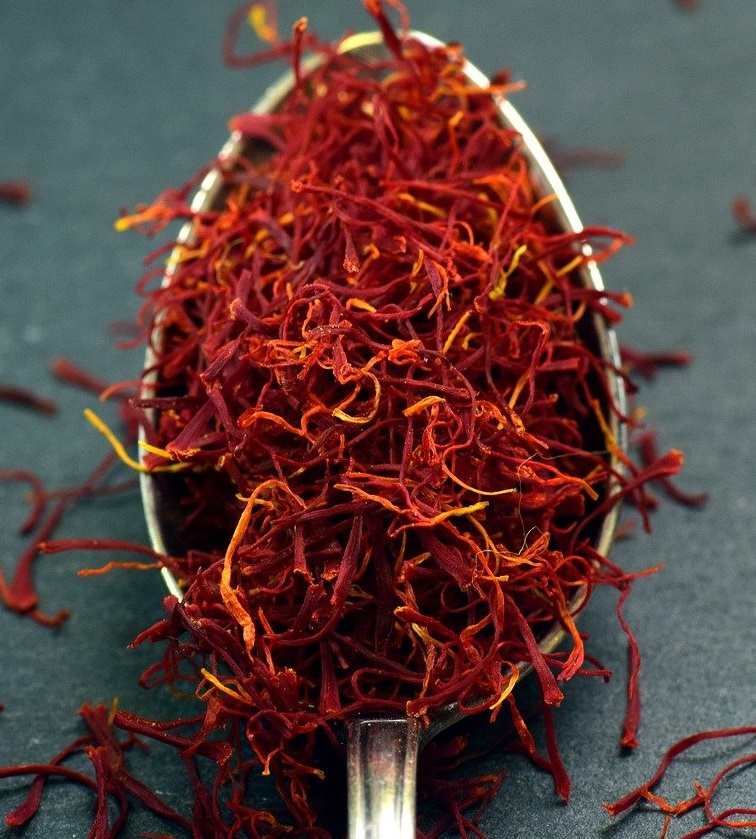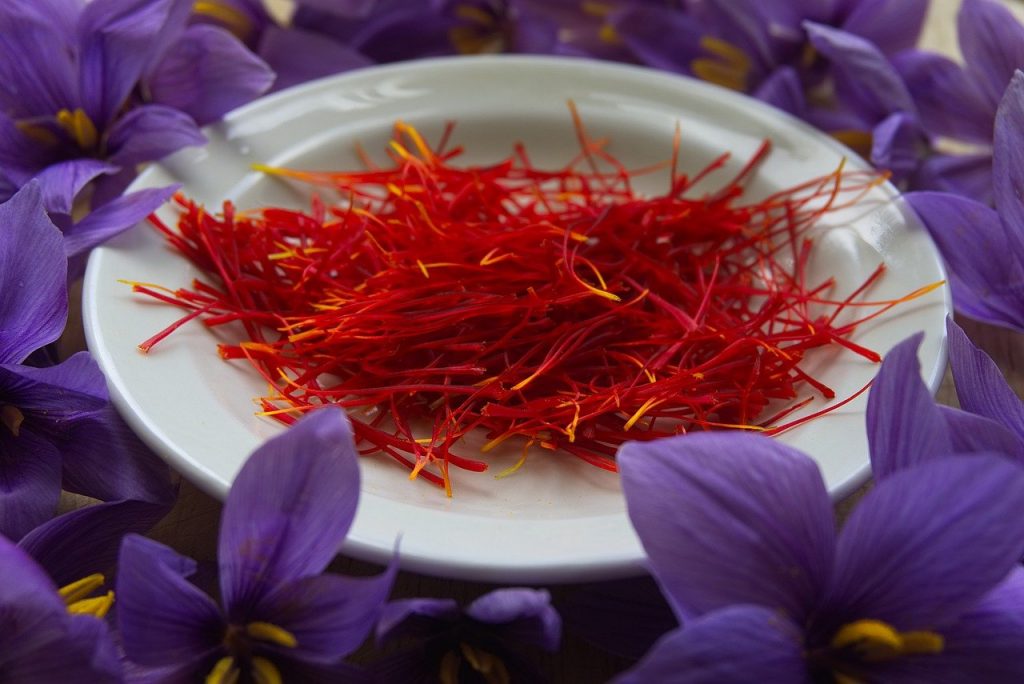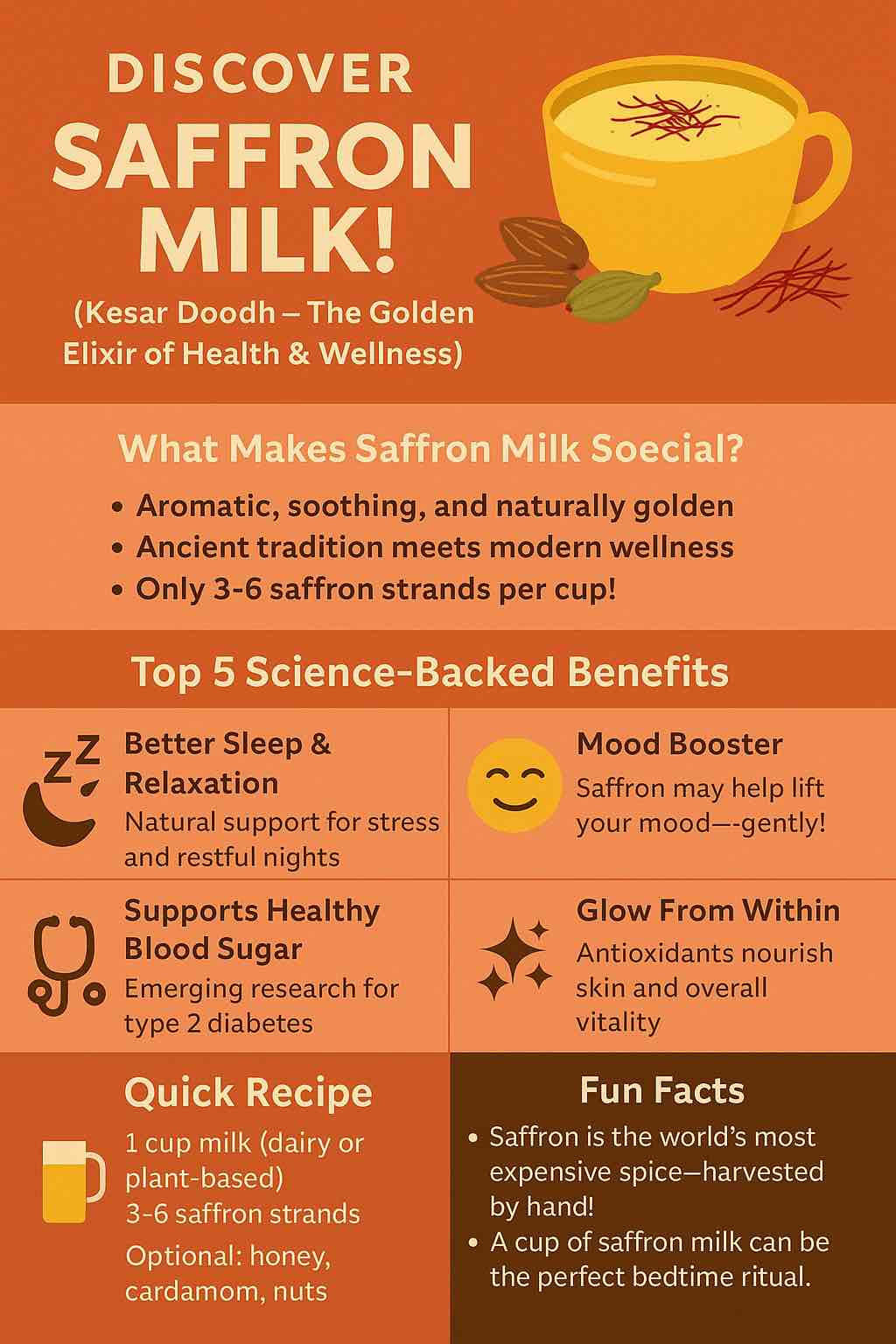
From the royal courts of ancient Persia to cozy kitchens in modern India, saffron-infused milk (often called Kesar Doodh) has woven a golden thread through the tapestry of human culture and wellness. But what is it about this aromatic, sun-hued drink that has captured hearts—and sparked scientific curiosity—for centuries? Let’s explore the tradition, science, and simple pleasures of this remarkable beverage, and see how you can bring its benefits into your own life.
What is Saffron-Infused Milk?
Saffron-infused milk is a warm, comforting drink made by steeping saffron threads—the world’s most expensive spice—in milk (dairy or plant-based). Often enhanced with cardamom, nuts, and a touch of sweetener, this beverage delivers not only a sensory delight but also a host of potential health benefits.
Traditionally enjoyed during celebrations, as a nightcap, or as a tonic for mothers and children, Kesar Doodh has recently reemerged as a trendy superfood in the wellness world.
The Science Behind the Gold: What Does Research Say?
1. Mood, Stress, and Sleep
Modern clinical studies have confirmed what Ayurveda and Unani medicine have long claimed: saffron can uplift mood, reduce mild to moderate depression, and help you sleep better. Saffron’s main bioactives—crocin, safranal, and picrocrocin—support neurotransmitter balance, enhancing serotonin activity and promoting relaxation. Some research even suggests saffron’s effects can rival low-dose prescription antidepressants, with the bonus of fewer side effects.
Practical Tip: Enjoying a cup of saffron milk about an hour before bedtime can be a gentle, natural way to unwind after a stressful day.
2. Blood Sugar and Metabolic Health
A recent 2024 meta-analysis found that saffron supplementation over 8–12 weeks can significantly reduce fasting blood glucose and HbA1c levels in people with type 2 diabetes. The effect is mild but meaningful—likely due to saffron’s antioxidant and anti-inflammatory properties rather than direct effects on insulin.
Practical Tip: For those managing blood sugar, saffron milk (with minimal or no added sweetener) could be a supportive addition to a balanced diet.
3. Eye Health and Cognitive Support
Saffron’s antioxidants, especially crocin, have shown promise in supporting retinal function in early age-related macular degeneration (AMD) and may also protect brain cells against oxidative damage—potentially benefiting memory and cognitive function.
Practical Tip: Consistent, long-term consumption may support both eye and brain health, especially for older adults.
4. Immunity, Skin, and Overall Vitality
Saffron is rich in carotenoids and flavonoids, which help neutralize free radicals and modulate immune responses. Many believe this contributes to the “glow” attributed to saffron milk, both for skin and general vitality.
Practical Tip: In India, saffron milk is often given to new mothers and children (in modest amounts) as a nourishing tonic.
5. Women’s Health
Saffron’s reputation for supporting hormonal balance and alleviating PMS symptoms is now supported by several clinical trials. Its soothing effect on cramps and mood swings makes it a thoughtful, natural option for women’s health.
The Ritual: How to Prepare Perfect Saffron Milk
Making saffron milk is a mindful ritual in itself. Here’s a basic recipe, plus options for customization.
Classic Saffron Milk (Kesar Doodh)
Ingredients:
- 1 cup whole milk (or oat/almond milk for vegan option)
- 3–6 strands of high-quality saffron
- 2–4 cardamom pods, lightly crushed (optional)
- 1–2 tsp honey or jaggery (optional; skip for sugar control)
- 1 tbsp slivered almonds or pistachios (optional)
Instructions:
- Bloom the saffron: Warm a tablespoon of milk and soak the saffron strands for 5–10 minutes, until the milk turns a rich golden color.
- Heat the milk: In a small saucepan, heat the rest of the milk with cardamom until just below boiling.
- Combine: Stir in the bloomed saffron and its soaking milk. Simmer gently for 3–5 minutes.
- Sweeten & garnish: Turn off heat, add honey or jaggery (if using), and top with nuts.
- Serve: Enjoy hot as a soothing nightcap or chill for a refreshing summer drink.
Variations:
- For kids: Use less saffron and a touch of honey.
- For diabetes: Skip sweetener, use cinnamon or stevia, and stick to dairy/unsweetened plant milk.
- For a latte twist: Froth the milk and serve in a mug with a pinch of ground turmeric for extra color.
Practical Questions Answered
How much saffron is safe?
Culinary use (3–6 strands per cup) is very safe. Clinical studies use up to 30 mg/day. Avoid exceeding 1.5 g/day, and pregnant women should avoid medicinal doses, especially in the first trimester.
Can I use plant-based milk?
Absolutely! Oat, almond, and cashew milks all work. Note: flavor and color may be slightly milder.
What does real saffron taste and smell like?
It’s floral, slightly earthy, and subtly sweet—never bitter. Always buy from trusted sources to avoid adulteration.
Does saffron milk really make skin glow?
There’s no magic, but its antioxidants do support skin health from within. Combined with good hydration and nutrition, you’ll notice the difference over time.
Saffron Milk in Modern Life: Trends and Innovations
Saffron milk is experiencing a global revival! You’ll find it:
- In ready-to-drink bottles by premium brands.
- Blended into “golden lattes” at cafés.
- Infused into ice creams, breakfast bowls, and even skincare products.
- Highlighted in new research as a functional beverage for stress, beauty, and metabolism.
Choosing and Storing Saffron
- Look for: Deep red threads with a honeyed aroma and slight bitterness; avoid bright yellow or very cheap “saffron.”
- Store: In an airtight container, away from light and moisture.
- Test purity: Soak a strand in warm water—it should slowly release color (not instantly, which can signal dye).
Conclusion: A Golden Tradition, Backed by Science
Saffron-infused milk is more than a drink; it’s a ritual of nourishment, comfort, and connection. Today, science is revealing why this ancient “elixir” deserves a spot in your modern wellness routine. Whether for sleep, skin, mood, or simply the joy of sipping something beautiful, Kesar Doodh offers warmth in every golden drop.
Ready to try it yourself? Steep a few saffron threads tonight, sip mindfully, and let the ancient gold work its gentle magic—body and soul.
10 FAQs About Saffron-Infused Milk
1. What is saffron milk and how is it different from turmeric milk?
Saffron milk (Kesar Doodh) is made by steeping saffron strands in milk, sometimes with cardamom or nuts. Turmeric milk (Golden Milk) uses turmeric as its main ingredient. Both are traditional wellness drinks, but saffron milk has a unique floral aroma and is famed for its mood and skin benefits, while turmeric milk is better known for its anti-inflammatory effects.
2. Is saffron milk safe for children and pregnant women?
In culinary amounts (3–6 strands per cup), saffron milk is generally safe for children and for pregnant women after the first trimester. However, very high doses of saffron should be avoided during pregnancy, especially in the early months, as excessive saffron may cause uterine contractions.
3. How much saffron should I use per cup of milk?
3–6 saffron threads per cup are enough for flavor, color, and health benefits. More is not necessarily better; higher amounts can be wasteful and unnecessary.
4. Can I drink saffron milk daily?
Yes, you can enjoy saffron milk daily, as long as you stick to culinary doses. Regular intake may gently support mood, sleep, and general wellness.
5. Does saffron milk help with sleep?
Yes, studies show that saffron can improve sleep quality and help with insomnia. Having a cup of warm saffron milk about an hour before bed may promote relaxation and better sleep.
6. Will saffron milk help improve my skin complexion?
Saffron contains antioxidants that support skin health from within. Regular consumption, combined with a healthy diet, may help your skin appear more radiant and refreshed.
7. Is it okay to make saffron milk with plant-based milks?
Absolutely. Oat, almond, cashew, and soy milk all work well. The flavor may be a bit different, but you’ll still get the color and many benefits.
8. Can I sweeten saffron milk?
Yes! Traditional recipes use honey, jaggery, or sugar. For blood sugar concerns, use a little stevia, monk fruit, or simply enjoy it unsweetened.
9. How do I know if my saffron is genuine?
Genuine saffron threads are deep red, slightly moist, and have a floral, honeyed aroma. They should release color slowly in warm liquid—not instantly. Buy from reputable sellers to avoid adulteration.
10. Are there any side effects of drinking saffron milk?
In normal amounts, side effects are rare. Excessive intake (several grams daily) can cause nausea, dizziness, or, in extreme cases, toxicity. Always use only a few strands per cup and consult your doctor if pregnant, breastfeeding, or on medication.

